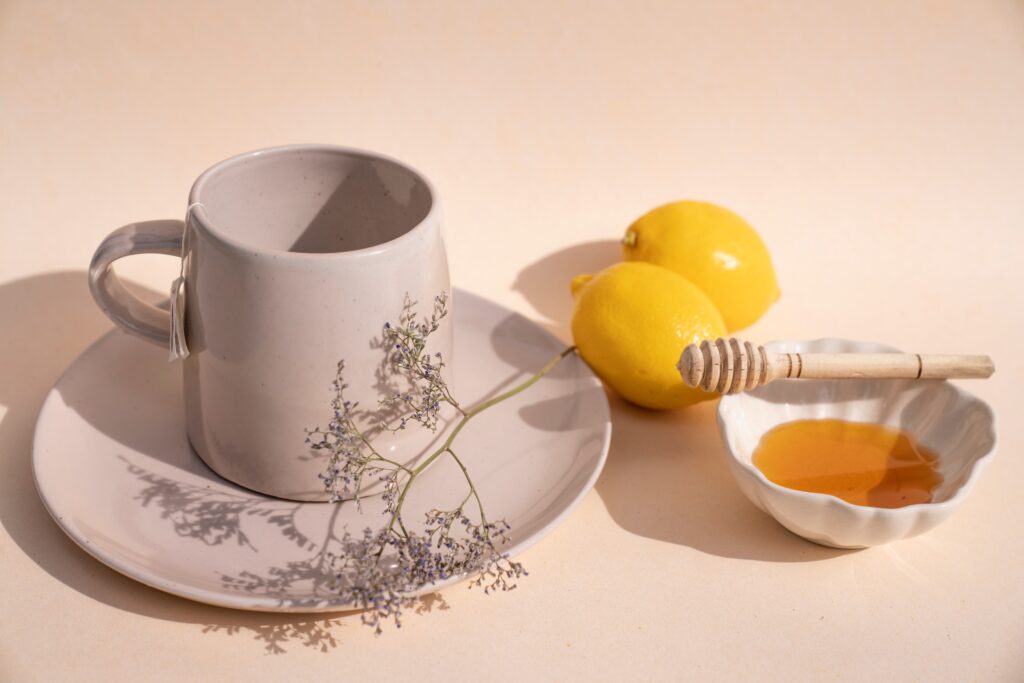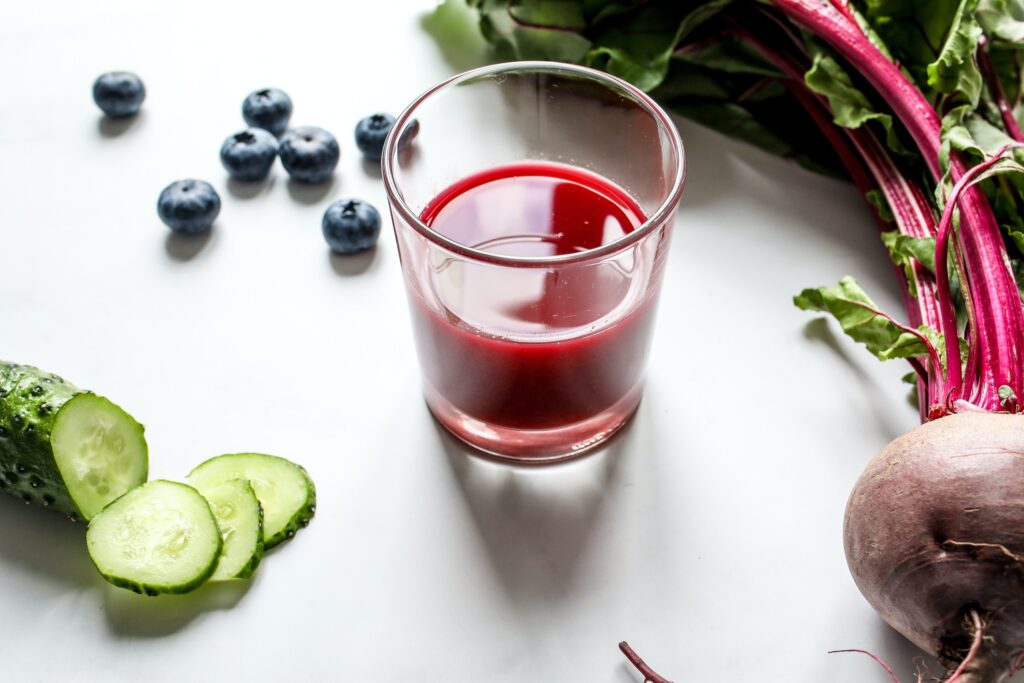Spring is here, the flowers are blooming, the birds and bees are singing, and many of us are itching at the eyes and sneezing ♫
Yes, the weather has finally gotten warm enough for us to leave the house, however many of us may not dare, at the risk of experiencing the dreaded hay-fever symptoms which lay waiting outside amongst the pollen.
This month we will be delving into all things allergies, what they are, contributing factors, as well as our favourite tips to reduce and prevent symptoms as always!
So What Are Allergies?
‘Allergies’ is in basic terms, your body’s reaction to something which it considers to be foreign. Once encountered your immune system activates and releases a large amount of histamine, as well as leukotrienes and prostaglandins, which are responsible for all the fun hayfever symptoms we experience, ie:
Hay Fever Symptoms:
- Sneezing
- Runny nose
- Post nasal drip
- Itchy eyes
- Sore itchy throat
- Coughing
- Wheezing
- Asthma
- Trouble breathing
So What’s The Deal With Histamine?
Histamine is naturally occurring, and actually essential to our bodies function. As most of us may know, histamine helps defend our body from allergens, with swift tricks like sneezing to escort all the allergens out.
However, as many of us may not know, histamine is also needed for stomach acid secretion, smooth muscle contraction, vasodilation, and even functions as a neurotransmitter – supporting your resistance to stress and anxiety, appetite regulation, arousal and wakefulness.
So it’s not that histamine is the bad guy, we just need it to be in the right amount.
It’s just when histamine is in too high quantities for too long, accumulating, and often being released unnecessarily, that it can become an issue.
Contributing Factors to High Histamine & Allergic Presentations
Immune
Seasonal allergies can often be a sign that our immune system is in a state of dysregulation, as it is overreacting to something which is not overly threatening. This can be caused by other factors such as inflammation, stress, environmental toxins i.e mould, tobacco smoke, heavy metals, chemicals, and often gut lining hyperpermeability (also known as leaky gut) as well as an unhealthy gut microbiome – impacting the gut-immune axis.
Gut
As just noted, our gut and immune system is linked. We need a strong gut lining, with a healthy layer of mucus to act as a barrier between what we consume – whether that be food or allergens in the air – and our blood stream, therefore when we have hyperpermeability or leaky gut, allergens often cross this barrier and activate the immune system more than necessary. An unhealthy gut microbiome can also predispose allergic presentations via the gut-immune axis (we will talk more about this in a follow up blog)
Lymphatic system
Our lymphatic system acts a little like our bodies rubbish men, it regularly sweeps through, finds all the foreign or unneeded substances i.e allergens, then filters and removes them from the body.
When our lymphatic system is stagnant, or not working efficiently we can get a build up of allergens which are continuing to alert our immune system – causing prolonged and excessive displays of allergic symptoms.
Hormones
Hormones such as Oestrogen can actually increase histamine production, therefore in cases of high Oestrogen, people may be more susceptible to allergic reactions. Progesterone on the other hand can support breakdown and clearance of histamine, therefore hormonal balance is also implicated in allergic presentations.
Enzymes
There are two enzymes which our body usually uses to break down and remove histamine, Diamine Oxidase (DAO) and histamine n-methyltransferase (HMNT). When these enzymes are not functioning optimally, clearance of histamine can be impaired and accumulation can occur.
Stress
Yes, stress is also indicated in allergies! This is because when we are stressed it affects our immune system function and our gut flora and function. In addition to this, Cortisol (our main stress hormone) also causes an increase in mast cell release, which results in increased histamine in the bloodstream.
Surprisingly, this is just a brief overview of some of the areas which we look at as holistic practitioners, when supporting people with allergic symptoms.
Over the next month we will delve deeper and of course give a few of our favourite tips and tricks to support you with your hay fever this spring!
To address the underlying causes of your hay fever and allergies, please book in a consultation with one of our holistic practitioners. Each modality, especially Naturopathy, Acupuncture, Kinesiology, Bowen therapy and Lymphatic drainage massage are all able to help, individually or synergistically, depending on how you would prefer to approach it.


















